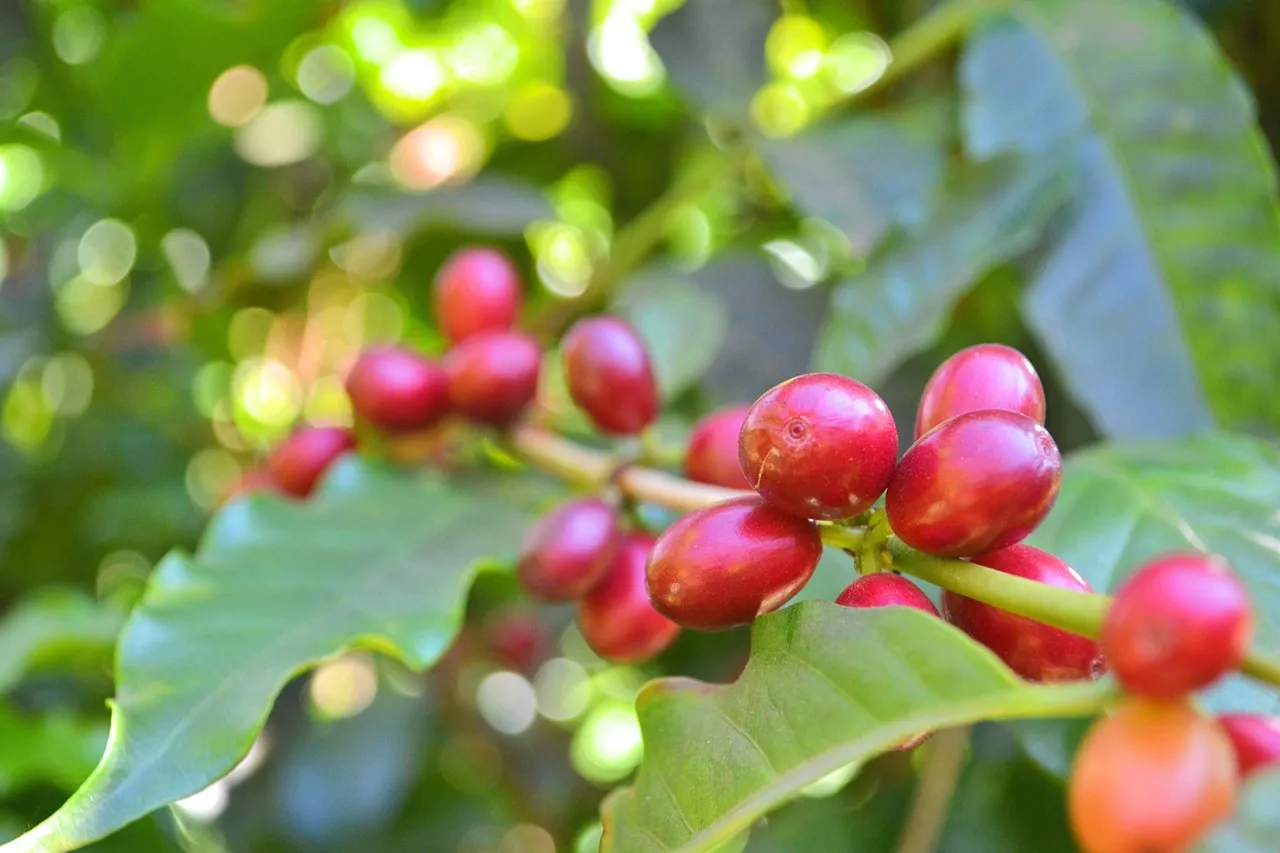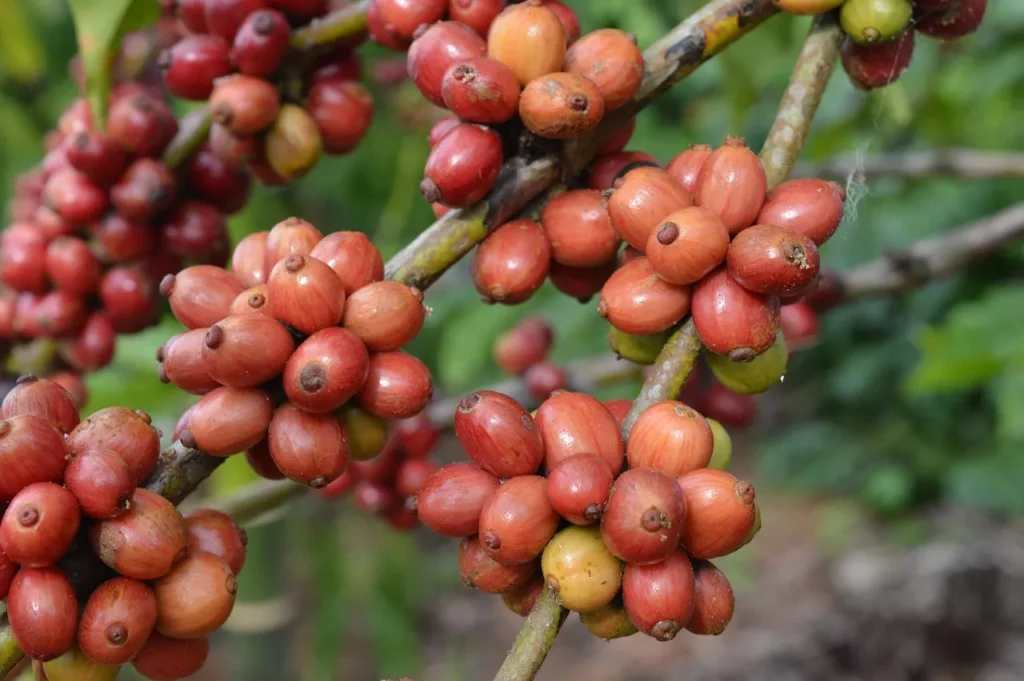
Kirin Unveils Sustainable Coffee Cherry Fermented Ingredient
Kirin Holdings Co., Ltd., through its Institute for Future Beverage, has announced a groundbreaking development that aligns sustainability, agricultural support, and beverage innovation. The company has successfully created a new fermented ingredient made from coffee cherries*1—the red fruit that surrounds the coffee bean. Although the seeds of these cherries are used to produce the coffee we drink each day, the pulp and skin are often treated as waste. By focusing on this typically discarded material, Kirin aims to contribute to a more sustainable coffee supply chain, reduce environmental burdens in coffee-growing regions, and enhance the sensory quality of both alcoholic and non-alcoholic beverages. Early findings indicate that the ingredient’s ability to intensify body, aroma, and overall drinking satisfaction makes it especially promising for low-alcohol and alcohol-free products, an area Kirin hopes to advance as part of its broader efforts to address social issues related to alcohol consumption.
*1 Coffee cherries are the red fruits of the coffee plant, and their seeds are used as the raw material for coffee beans.
1. Purpose and Background of the Development
Coffee is among the world’s most widely consumed beverages, but its production leaves behind significant quantities of waste. After farmers extract the seeds that become coffee beans, they must manage large volumes of leftover coffee cherry pulp and skin. Across many coffee-growing regions, including large-scale producing countries such as Brazil, Vietnam, and Colombia, these byproducts accumulate quickly. Although rich in compounds like caffeine and polyphenols—ingredients that can be beneficial when managed properly—these materials can become environmental hazards if mishandled. Improper disposal can lead to soil contamination, water pollution, and ecosystem disruption, contributing to long-term environmental degradation.
In recent years, isolated initiatives have emerged to make better use of coffee cherry byproducts. Some farms and innovators have introduced composting programs, while others have experimented with drying and repurposing the fruit skin into food or beverage ingredients such as cascara tea*2. Yet despite these positive developments, widespread adoption remains limited. Many regions face economic, technical, and regulatory barriers that prevent efficient processing and utilization of coffee cherry materials. As a result, a considerable portion of these byproducts continues to be discarded.
*2 Cascara refers to dried coffee cherry skin, which can be brewed into a tea-like beverage.
Meanwhile, coffee farmers continue to experience fluctuating incomes driven by unstable global coffee prices, climate change, and insufficient agricultural infrastructure. Colombia—a major global producer—adds another layer of complexity by imposing environmental taxes on the disposal of coffee cherries. This regulation, while intended to reduce pollution, places added financial pressure on coffee farms that lack efficient disposal alternatives. As these challenges intensified, Kirin’s Beverage Technology Research Center (now known as the Beverage Future Research Center) began exploring sustainable uses for coffee cherries in 2018. Their goal was twofold: reduce environmental waste and unlock new value from an ingredient long overlooked in the beverage industry.
2. Development Details and Achievements
Building on its expertise in fermentation science, Kirin adapted its proprietary wine aroma enhancement technology to transform coffee cherries into a high-value ingredient. Researchers extracted juice from the cherries, concentrated it, and fermented it using carefully selected strains of lactic acid bacteria and yeast. This process delivered a surprising result: the fermented coffee cherry base did not produce a flavor reminiscent of coffee. Instead, it generated nuanced sensory qualities that enriched the profile of various beverages.
In controlled sensory studies, the fermented ingredient enhanced characteristics such as warmth, fermentation notes, alcoholic impression, fruity undertones, and overall richness. These improvements were noted across multiple beverage formats, including both alcoholic ready-to-drink (RTD) products and non-alcoholic beverages.
Integration into the “Kirin Tokusei” Brand
A preference survey*3 conducted among men and women aged 35–59 demonstrated noticeable improvements in evaluations related to satisfaction, premium quality, and overall preference when the ingredient was added to RTD alcoholic beverages. The results suggested that the fermented coffee cherry ingredient could elevate drinking experiences, making beverages feel more satisfying and refined.

*3 Company survey conducted in June 2024 among men and women aged 35–59 (n=90).
*4 RTD (Ready to Drink) refers to alcoholic beverages ready for consumption immediately after opening.
Encouraged by these findings, Kirin began integrating the ingredient into the “Kirin Tokusei” RTD brand. It made its debut in “Kirin Tokusei Melon Soda Sour (Limited Time Offer)”, released in May 2025, and is also included in the upcoming “Kirin Tokusei Mikan Cider Sour (Limited Time Offer)”, scheduled for release on Tuesday, November 25. These launches mark an important step toward incorporating sustainable ingredients into mainstream consumer products.
Insights from Non-Alcoholic Beverage Evaluations
In addition to alcoholic RTDs, Kirin tested the ingredient in non-alcoholic beverages through a 2023 preference survey*6. Participants—men and women aged 30–59 seeking authenticity in non-alcoholic drinks—reported improvements in mouthfeel, depth, and flavor quality. The findings revealed that even without alcohol, the fermented coffee cherry ingredient contributed to a fuller, more satisfying drinking experience.
*6 Survey conducted in May 2023 among men and women aged 30–59 seeking authentic taste in non-alcoholic beverages (n=51).
These results are particularly meaningful as demand for non-alcoholic and low-alcohol beverages continues to grow globally. Consumers increasingly seek healthier lifestyles, and many governments and public health experts are encouraging reductions in alcohol consumption. The challenge for beverage companies is how to provide satisfying alternatives that maintain the complexity, aroma, and body typically associated with alcoholic drinks. Kirin’s fermented coffee cherry ingredient appears to offer a solution with significant promise.
3. Future Developments
Kirin’s long-term vision extends beyond beverage enhancement. By repurposing coffee cherries—materials historically treated as waste—the company hopes to create new value streams for coffee-producing regions. Increased demand for coffee cherry ingredients could help supplement farmer income, support more sustainable farming practices, and reduce the environmental burden caused by waste disposal. This aligns with global efforts to build more circular and resource-efficient agricultural systems.
Kirin also sees a major opportunity in applying the ingredient to non-alcoholic and low-alcohol beverages. As research shows, the fermented coffee cherry material enhances mouthfeel and flavor—two qualities often lacking in alcohol-free offerings. If widely adopted, this innovation could play an important role in addressing alcohol-related social challenges by making non-alcoholic products more appealing and satisfying for consumers.
Moving forward, Kirin plans to continue developing production technologies, deepen collaborations with coffee farms, and explore broader commercial uses for coffee cherry–derived ingredients. Through these efforts, the company aims to integrate sustainability, science, and sensory innovation to shape the future of beverages for a more responsible and environmentally conscious world.
Source Link:https://www.businesswire.com/





